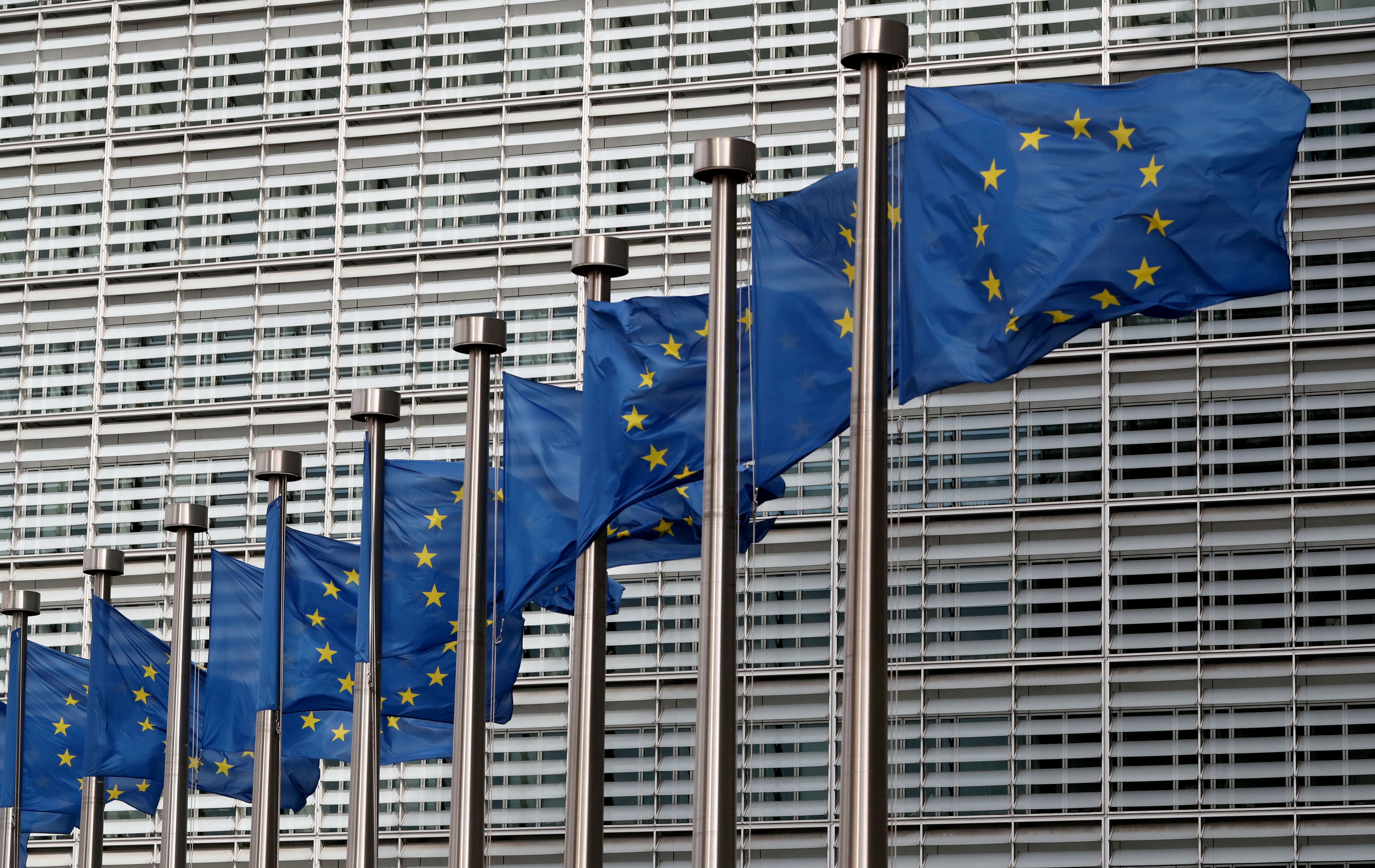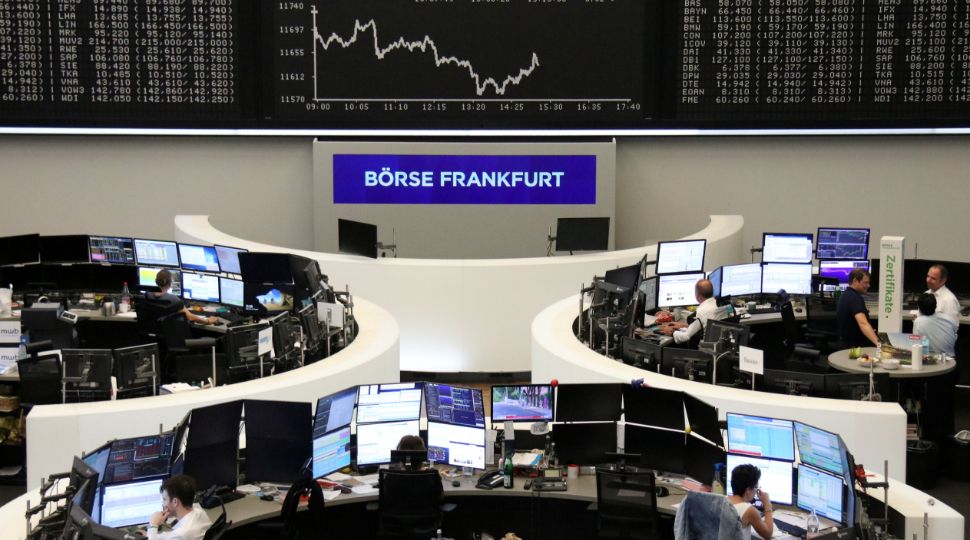The Future of European Industrial Policy

Context
Industry, despite its reduced percentage share in EU GDP, still plays an important role in the European economy. It is estimated that industry provides around 20% of all jobs in the EU, and is responsible for 80% of exports outside the bloc. At the same time, the share of European exports of industrial goods on the global market is decreasing, which is the result of, among other things, growing competition from China. In May, the European Council appealed to the EC to present by the end of the year an industrial strategy for the period to 2030, with the aim of protecting European industry against unfair practices of third countries and supporting EU technological and energy transformation. Although industrial policy is the domain of individual Member States, the EU has a complementary role defined in the Treaties. It carries out its tasks mainly through investments in research and regulations in the field of competition policy, including antitrust law and public aid. Member States are divided into supporters (France and Germany) and opponents (the “new Hanseatic” countries, including Denmark, Estonia, the Netherlands, Finland Ireland, Lithuania, Latvia and Sweden) of competition policy regulations that will strengthen the position of European companies on the global market at the expense of intra-EU competition.
The Franco-German Vision of EU Strategy
When the EC blocked a merger between railway concerns Alstom (France) and Siemens (Germany) in February, it marked a turning point in the Franco-German vision of changes in EU industrial policy. Shortly after the decision, French economic minister Bruno Le Maire and his German counterpart Peter Altmeier published a manifesto for a European industrial policy suited to the 21st century. They pointed to the need to increase public investment in innovation, to adapt regulations to global challenges, and to create effective means of protecting European interests. The remedy for challenges facing the EU would be European “champions”, super-enterprises capable of competing with the largest American and Chinese companies. Their development would only be possible after a revision of rules on mergers and public aid, which would take into account not only the consequences for the internal market, but also the threats and opportunities of these enterprises on global markets.
The manifesto also suggested a reduced role for the EC in the field of competition legislation, by giving the Council the right to appeal against its decision in specific cases. Moreover, the manifesto called on Member States to implement mechanisms of monitoring foreign direct investment agreed by the Council in the form of strict internal regulations (similar to those already in force in Germany and France), and to limit access to the European public procurement market for entities from countries in which restrictive policies are applied.
The Franco-German vision was strengthened in July when the Weimar Triangle countries together supported the modernisation of EU competition policy. Their declaration focuses on increasing the flexibility of merger regulations, and on challenges in the technology sector, where the European market is dominated by American companies. The signatories suggest increased participation of Member States in making decisions about mergers, including by expanding the influence of the Advisory Committee on Mergers (consisting of representatives of state competition policy institutions). Weimar Triangle countries also proposed the creation of instruments to limit acquisitions of European technology companies by large entities that aim to eliminate competition, in a bid to prevent hostile acquisitions.
Doubts about the Franco-German Vision
The new Hanseatic countries, especially the Netherlands and Denmark, do not support the creation of European “champions”. Their main objection to making the rules concerning mergers and the concentration of enterprises more flexible is the risk of that national “champions" may emerge and begin operating globally. Such super-enterprises, the core of which would be entities from the most industrialised EU countries, could dominate competition in the single market, harming consumers and small businesses.
Moreover, Member States disagree about regulated sectors. France and Germany want to build superenterprises in traditional fields such as rail and aviation (which, in addition to appearing in the bilateral manifesto, was also part of Germany’s industrial strategy, published in February). The new Hanseatic countries (where services are the basis of the economy) primarily want increased support for the research and innovative technologies sector, in order to support the transformation of European industry. In addition, as Poland points out, the Franco-German proposal ignores the need to consolidate the common market in order to use the current potential of European industry. In their view, the existing fragmentation of the single market in some areas (including digital services) is one of the reasons for the decline in the EU’s competitiveness at a global level.
The new Hanseatic countries also dispute the increased role of Member States in decisions on competition policy at EU level. Although most of them support closer links with industrial policy, they are concerned that the largest countries in the EU will dominate the decision-making process.
Prospects
Ursula von der Leyen, President-elect of the EC, has announced that the new EU industrial strategy will be included in the "Green Deal for Europe”, setting out ways by which European industry can reduce emissions of greenhouse gases to net zero by 2050. Other priorities may be inferred from the appointment of Margarethe Vestager and Valdis Dombrovskis as EC Executive Vice-presidents responsible for managing work on the strategy. Vestager, from Denmark, has five years of experience in the field of competition, while Dombrovskis, a Latvian, is an economist, financier, and commissioner for the euro and social dialogue. The EC's proposals will probably focus on adapting competition rules to technological challenges (including new forms of digital economic activity), increasing public investment in research for innovation, and implementing new technologies in sectors identified as strategic.
It is possible that the Green Deal will include some of the Weimar Triangle’s proposals to increase protection for the European internal market and limit access to it by non-EU entities benefiting from public aid, and to monitor foreign investment and violations of competition rules by technology companies. However, the resistance of countries for which the protection of competition in the internal market is the most important makes it doubtful that the strategy proposed by the EC will assume a major change in antitrust law favouring European super-enterprises in traditional industrial sectors.
For Poland, the dispute over the future of EU competition policy is crucial. On the one hand, the FrancoGerman position offers an opportunity for the integration of European value chains (for example, in the automotive industry), which would allow modernisation of Polish industry and the transfer of technology and knowledge. On the other hand, as a competitive economy in terms of labour costs and service prices, Poland is one of the largest beneficiaries of the single market in terms of current antitrust regulations.
Traditional business models globally have lost their competitive position to technology companies. In this sector, the EU, with a 3% share in the value of the global market, is far behind the U.S. (70%) and Asia (27%). Innovative super-enterprises could improve the EU's competitiveness, provided that current barriers in the single market in key areas for new technologies (for example, limited access to data) are removed. Additionally, it will be important to introduce legislation that protects the internal market against unfair competition from these “champions” and gives them a truly European character.



